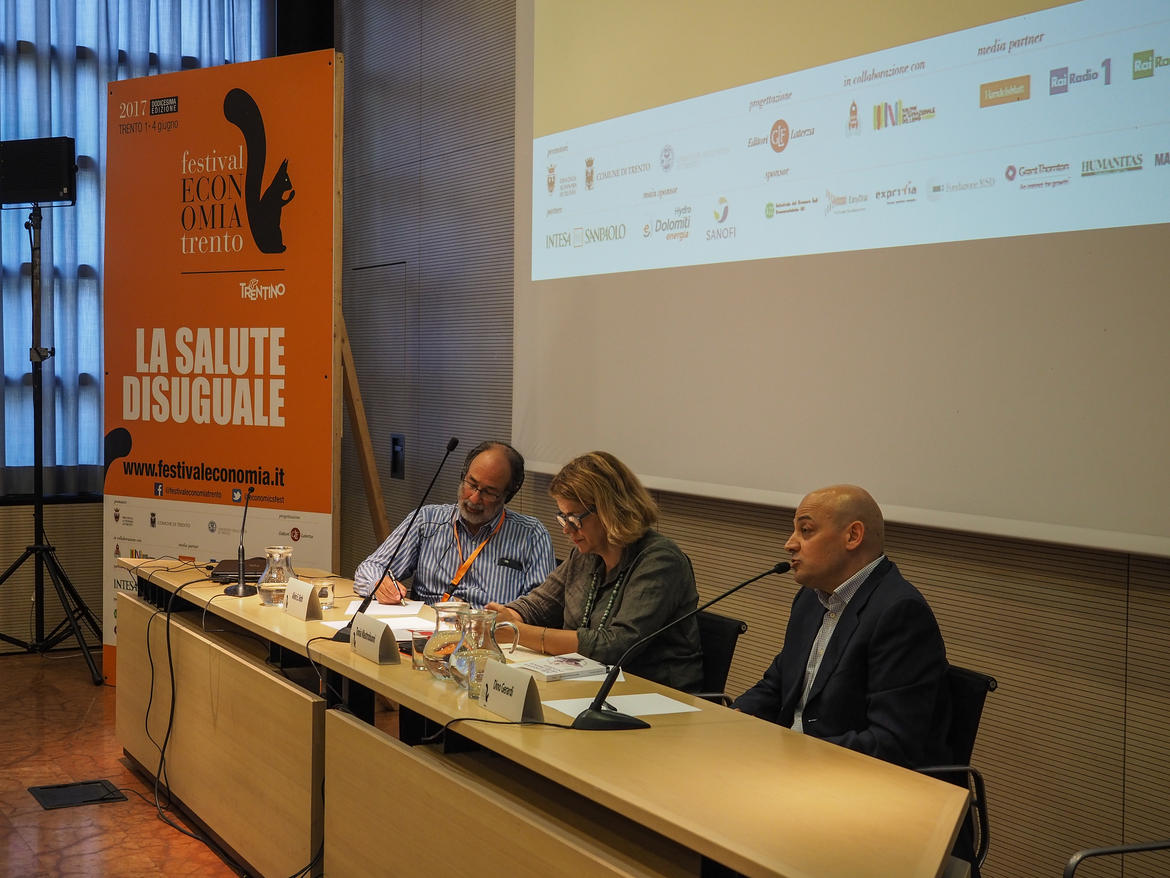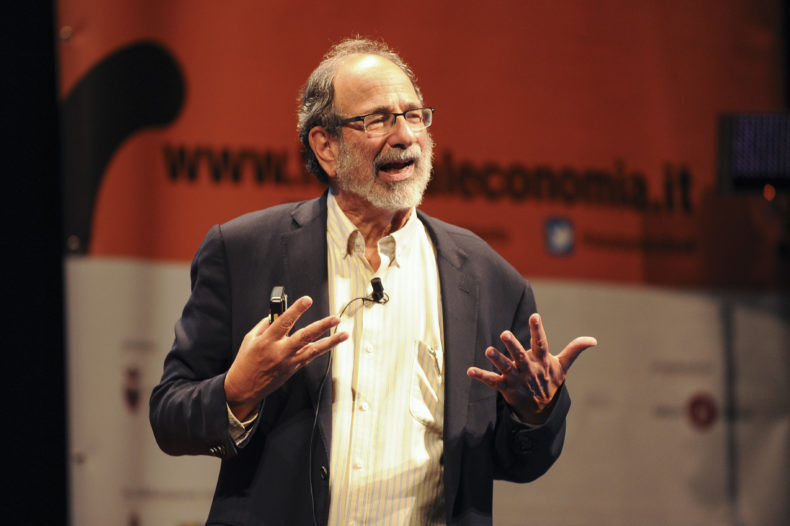Prior to 2015, it was legal in China to transplant organs recovered from executed prisoners. When I visited China in those days to talk about kidney transplantation from living donors, it was sometimes pointed out to me that, as an American, I shouldn't object to the Chinese use of executed prisoner organs, because we also had capital punishment in the US, but we "wasted the organs." I replied that in the US we had both capital punishment and transplantation, but were trying to limit one and increase the other, and that I didn’t think that either would be improved by linking it to the other.
So here's a just-published retrospective paper looking at Chinese language transplant reports prior to 2015, which identifies at least some instances that it regards as "execution completed by organ procurement."
Execution by organ procurement: Breaching the dead donor rule in China, by Matthew P. Robertson1, and Jacob Lavee2, American Journal of Transplantation, Early View, First published: 04 April 2022 https://doi.org/10.1111/ajt.16969
1 Australian National University | Victims of Communism Memorial Foundation, Washington, D.C., USA
2 Heart Transplantation Unit, Leviev Cardiothoracic Center, Sheba Medical Center, Faculty of Medicine, Tel Aviv University, Ramat Gan, Israel
Abstract: The dead donor rule is fundamental to transplant ethics. The rule states that organ procurement must not commence until the donor is both dead and formally pronounced so, and by the same token, that procurement of organs must not cause the death of the donor. In a separate area of medical practice, there has been intense controversy around the participation of physicians in the execution of capital prisoners. These two apparently disparate topics converge in a unique case: the intimate involvement of transplant surgeons in China in the execution of prisoners via the procurement of organs. We use computational text analysis to conduct a forensic review of 2838 papers drawn from a dataset of 124 770 Chinese-language transplant publications. Our algorithm searched for evidence of problematic declarations of brain death during organ procurement. We find evidence in 71 of these reports, spread nationwide, that brain death could not have properly been declared. In these cases, the removal of the heart during organ procurement must have been the proximate cause of the donor's death. Because these organ donors could only have been prisoners, our findings strongly suggest that physicians in the People's Republic of China have participated in executions by organ removal.
"how should we understand the physician's role in a context where executed prisoners are the primary source of transplant organs? Might the transplant surgeon become the de facto executioner? Evidence suggestive of such behavior has emerged over many years from the People's Republic of China (PRC).8-14 To investigate these reports, this paper uses computational methods to examine 2838 Chinese transplant-related medical papers published in scientific journals, systematically collecting data and testing hypotheses about this practice. By scrutinizing the clinical procedures around intubation and ventilation of donors, declaration of brain death, and commencement of organ procurement surgery, we contribute substantial new evidence to questions about the role of PRC physicians in state executions.
...
"The data we rely on in this paper involves transplant surgeries from 1980 to 2015. During this period, there was no voluntary donation system and very few voluntary donors. According to three official sources, including the current leader of the transplant sector, the number of voluntary (i.e., non-prisoner) organ donors in China cumulatively as of 2009 was either 120 or 130,30-32 representing only about 0.3% of the 120 000 organs officially reported to be transplanted during the same period (on the assumption that each voluntary donor gave three organs).18, 33, 34 The leader of China's transplant sector wrote in 2007 that effectively 95% of all organ transplants were from prisoners.35 According to official statements, it was only in 2014 that a national organ allocation system could be used by citizens.36
...
"Procuring vital organs from prisoners demands close cooperation between the executioner and the transplant team. The state's role is to administer death, while the physician's role is to procure a viable organ. If the execution is carried out without heed to the clinical demands of the transplant, the organs may be spoiled. Yet if the transplant team becomes too involved, they risk becoming the executioners.
"Our concern is whether the transplant surgeons establish first that the prisoners are dead before procuring their hearts and lungs. This translates into two empirical questions: (1) Is the donor intubated only after they are pronounced brain dead? And (2) Is the donor intubated by the procurement team as part of the procurement operation? If either were affirmative the declaration of brain death could not have met internationally accepted standards because brain death can only be determined on a fully ventilated patient. Rather, the cause of death would have been organ procurement.
...
"We define as problematic any BDD in which the report states that the donor was intubated after the declaration of brain death, and/or the donor was intubated immediately before organ procurement, as part of the procurement operation, or the donor was ventilated by face mask only.
...
"The number of studies with descriptions of problematic BDD was 71, published between 1980 and 2015. Problematic BDD occurred at 56 hospitals (of which 12 were military) in 33 cities across 15 provinces.
...
"We have documented 71 descriptions of problematic brain death declaration prior to heart and lung procurement. From these reports, we infer that violations of the DDR took place: given that the donors could not have been brain dead before organ procurement, the declaration of brain death could not have been medically sound. It follows that in these cases death must have been caused by the surgeons procuring the organ.
"The 71 papers we identify almost certainly involved breaches of the DDR because in each case the surgery, as described, precluded a legitimate determination of brain death, an essential part of which is the performance of the apnea test, which in turn necessitates an intubated and ventilated patient. In the cases where a face mask was used instead of intubation48, 49—or a rapid tracheotomy was followed immediately by intubation,50 or where intubation took place after sternal incision as surgeons examined the beating heart44—the lack of prior determination of brain death is even more apparent.
"If indeed these papers document breaches of the DDR during organ procurement from prisoners as we argue, how were these donors prepared for organ procurement? The textual data in the cases we examine is silent on the matter. Taiwan is the only other country we are aware of where death penalty prisoners’ vital organs have been used following execution. This reportedly took place both during the 1990s and then once more in March 2011.51, 52
...
"The PRC papers we have identified do not describe how the donor was incapacitated before procurement, and the data is consistent with multiple plausible scenarios. These range from a bullet to the prisoner's head at an execution site before they are rushed to the hospital, like Tsai's description, or a general anesthetic delivered in the operating room directly before procurement. Paul et al. have previously proposed a hybrid of these scenarios to explain PRC transplant activity: a lethal injection, with execution completed by organ procurement.
...
"We think that our failure to identify more DDR violations relates to the difficulty of detecting them in the first instance, not to the absence of actual DDR violations in either the literature or practice. Our choice to tightly focus only on papers that made explicit reports of apparent DDR violations likely limited the number of problematic papers we ultimately identified.
...
"As of 2021, China's organ transplant professionals have improved their reputation with their international peers. This is principally based on their claims to have ceased the use of prisoners as organ donors in 2015."











